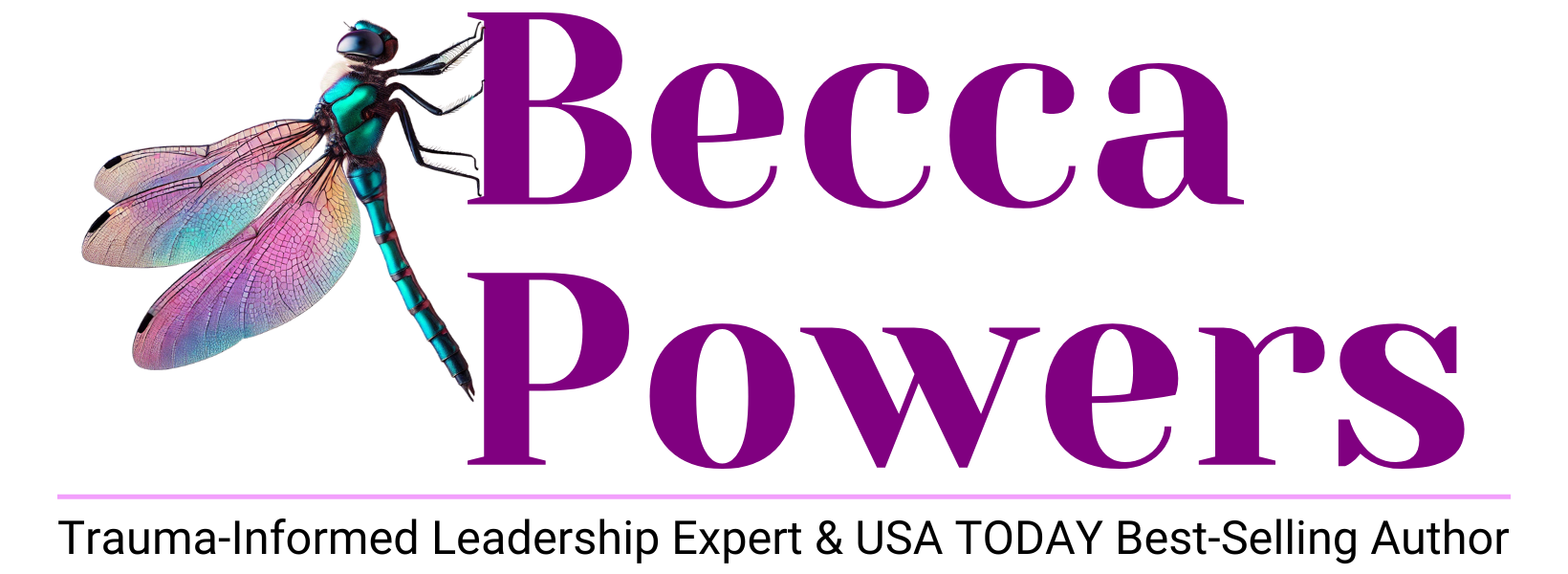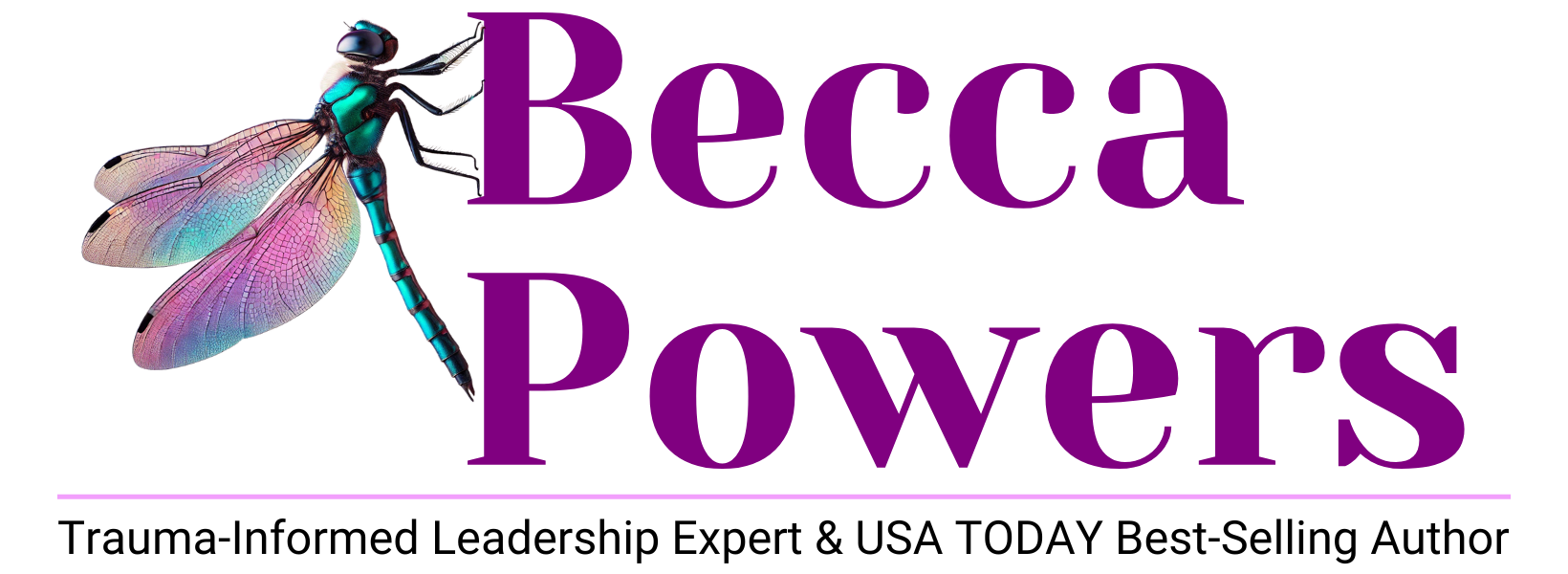How To Beat Imposter Syndrome

WE’VE all experienced feelings of self-doubt – but have these thoughts ever stopped you from trying to reach your goals?
If so, you could be suffering from imposter syndrome - and if not addressed it could really hold you back professionally.
Life coach expert Carole Ann Rice explains: “Imposter syndrome is professional self-doubt.
“It’s the belief that you will be found out and exposed as not being good enough.
“You think everyone else is better qualified or knows more than you, even if this is not the case, and usually perfectionists and the conscientious suffer most.
“Take a reality check - is it real? What’s the evidence?
“Ask a manager or superior for feedback and share your self-doubts and ask yourself - how is it serving me to think this way?
"Think about how your work life would look if you had great self-belief and felt good at what you do.”
Here, high-achieving women who’ve been there explain how they beat imposter syndrome to get where they are today…
Remember you're there for a reason'
Doctor Joanna Abeyie MBE, 34, runs Blue Moon - an inclusive executive search business and diversity and inclusion consultancy practice.
She says: “I first experienced imposter syndrome about five years ago when I started to sit on boards as a non-exec director and trustee advising on equality, diversity and inclusion.
“It became a daunting experience because I was suddenly around the table on a regular basis with people who were senior and influential figures - and there was me from a council estate in South London.
“There's nothing wrong with that, but when you're sat next to incredibly bright, experienced, wealthy people with an Etonian-style education, it can make you feel like you're not necessarily worthy.
“I deserved to be there, but the environment was making me feel small, accidentally.
"Once I realised that, I felt relieved that it wasn't just my own insecurities and excited at the prospect of doing something about it.
“My tip for breaking through imposter syndrome is to develop resilience and prepare in advance.
"For those board meetings I researched who would also be in the room, and I took charge.
“I talked to them in advance, one to one, and asked them what was on their agenda, what they wanted to contribute.
"And that enabled me in advance to prepare my contributions, too.
“Ultimately, soothing yourself with the knowledge you're there for a reason is helpful, as is gaining some control over the environment you're in. And preparation is a huge help on both counts."
'I genuinely felt like a fraudster'
Rachel Foster, 35, is co-founder & co-director of Quirky Frog, a marketing, events & PR agency.
She says: "I experienced imposter syndrome when setting up my own business in 2019 - when speaking with new clients and outlining our costs it filled me with fear and I genuinely felt like a fraudster.
"We have a loyal and long-standing client base and go above and beyond for our clients achieving fantastic results, but I still had the dreaded fear every time it came to discussing our fees and costs.
"I would worry 'what if we can't deliver? What if that's too high?' I worried I was out of my depth and these concerns really affected me for a period of time.
"I built my confidence back up slowly. Every little success was celebrated, I looked at everything that I have achieved within my business and every win for a client became my own personal win.
"My tips for combating imposter syndrome is to celebrate you, celebrate your success and try to flip your mindset from 'what if' to 'wow, I did that'.
"We have achieved fantastic results within our business, and I am extremely proud of where we are now.
"Reflecting on elements that can boost your confidence and self-worth needs to take priority over 'what if's', and thoughts of failure."
'Say yes to opportunities'
Niki Webster, 47, worked in food and digital marketing, before setting up her own vegan food blog and business creating content for brands and has written five cookbooks.
Despite her proven success, she says: "There are moments every week where I still experience imposter syndrome!
"The only way to succeed in a job like mine is to agree to jobs and then work out how you’re going to do them - especially at the start - you will always find a way to deliver.
"Nothing feels better than achieving things for yourself.
"My top tip is to say yes to opportunities - you will find a way and every success gives you more confidence.
"The client wouldn't have commissioned you to do the job if they didn’t love your work and believe you can do it.
"One example of mine is saying yes to a food styling job in Kerala just after I left my full-time job.
"I’d never done something on that scale before and didn’t know if I could do it, but the result and sense of achievement were amazing and it gave me so much confidence.
"Learn from your peers and don't be afraid of asking for help and advice, and follow your passion - then it won't even feel like work."
'My own thoughts were sabotaging success'
Sarah Lloyd, 44, runs her own PR business.
She says: "I have experienced imposter syndrome over the years, in both my corporate job as a head of PR and as an entrepreneur with my own business.
"What I have realised is this rears its head when I am either doing something innovative, where I haven’t had something to measure against, or brave - something I haven’t done before.
"In PR you are often challenged because you can’t always measure results or secure coverage immediately.
"This led to constant questioning of my ability to do the job but it often wasn’t anything I was doing - there were many factors, all out of my control.
"It took me a while to realise it was my own ‘thoughts’ sabotaging the success I could have.
"Once I realised I could take ownership of those feelings, by better self-talk and knowing I have a proven track of pushing through those feelings in the past, the ‘gremlins’, whilst they still sit on the side-lines from time to time, don’t derail me completely."
'Prioritise yourself'
Becca Powers, 43, has spent the last 20 years in Fortune 500 Sales, with her highest held position being an Operations Sales Director responsible for a multi-million-pound annual business and a 110-person department.
To overcome feelings of self-doubt, she advises: "Prioritise yourself. Often our business responsibilities, our families, and our obligations take the lead over our needs.
"What I have realised is this rears its head when I am either doing something innovative, where I haven’t had something to measure against, or brave - something I haven’t done before.
"In PR you are often challenged because you can’t always measure results or secure coverage immediately.
"This led to constant questioning of my ability to do the job but it often wasn’t anything I was doing - there were many factors, all out of my control.
"It took me a while to realise it was my own ‘thoughts’ sabotaging the success I could have.
"Once I realised I could take ownership of those feelings, by better self-talk and knowing I have a proven track of pushing through those feelings in the past, the ‘gremlins’, whilst they still sit on the side-lines from time to time, don’t derail me completely."
"After weeks, months, and even years of this burnout is the outcome.
"To avoid burnout and live from a more empowered and healthy state, consider prioritising yourself at least as much as you consider other things.


0 comments
Leave a comment
Please log in or register to post a comment